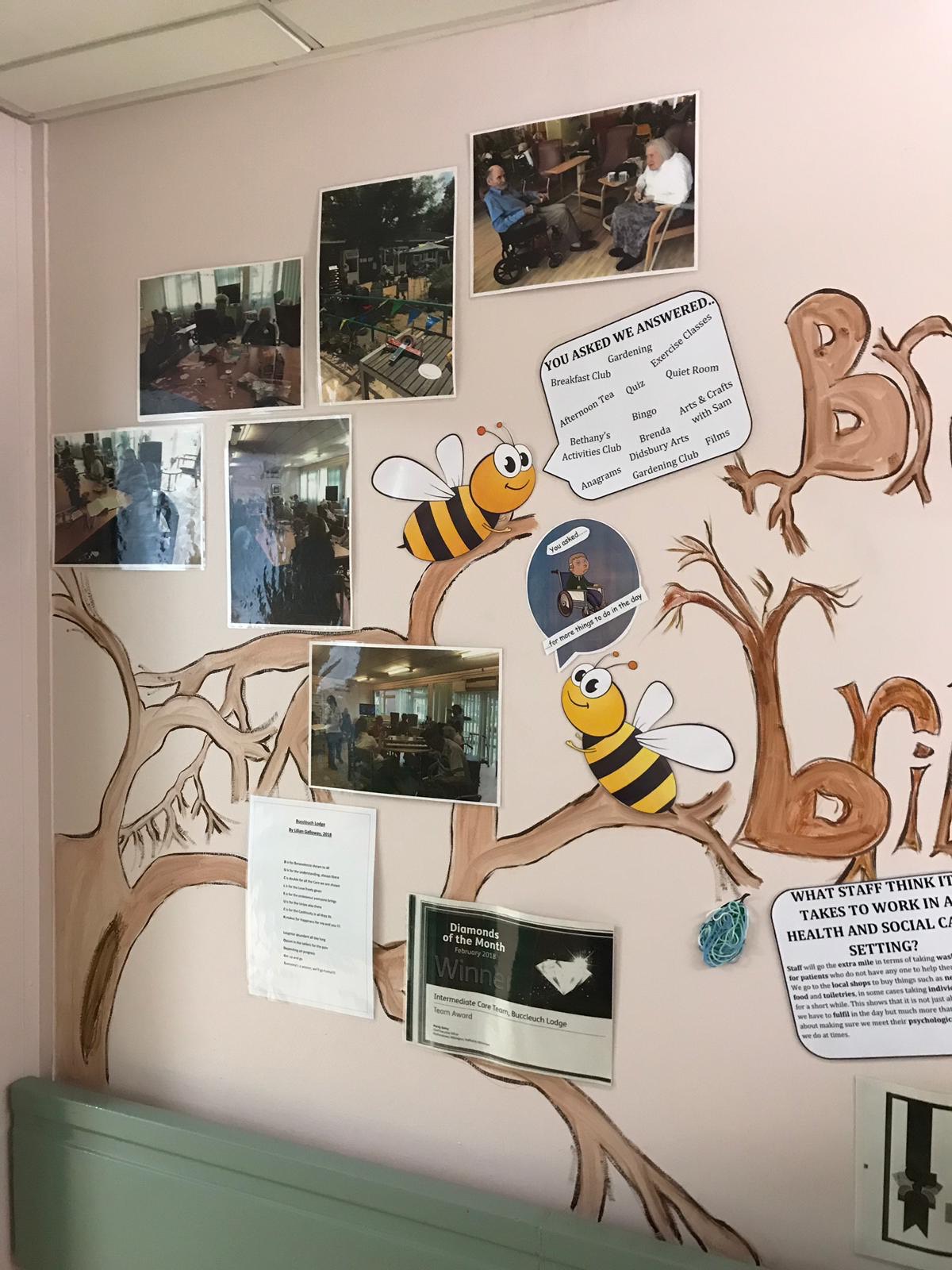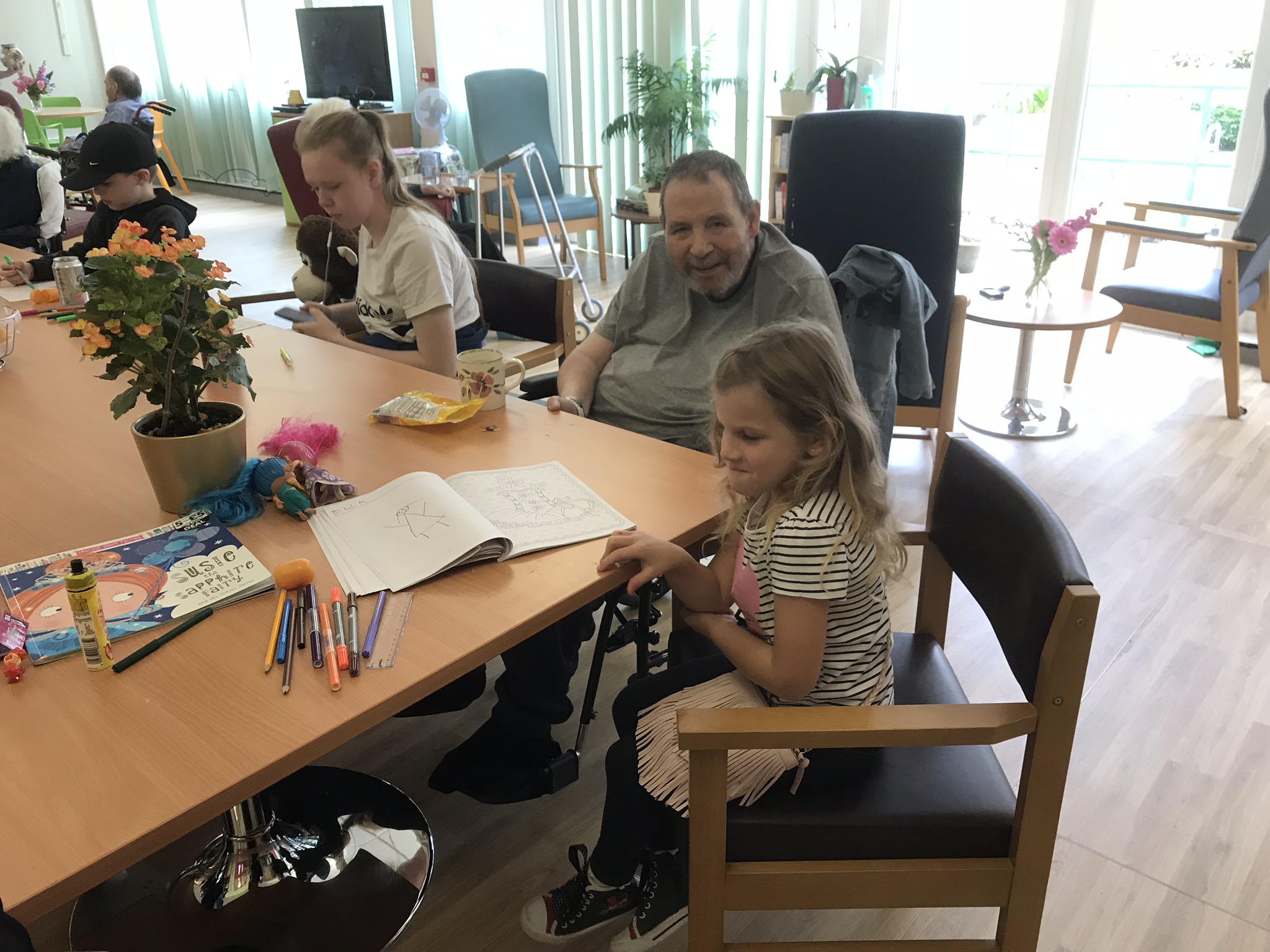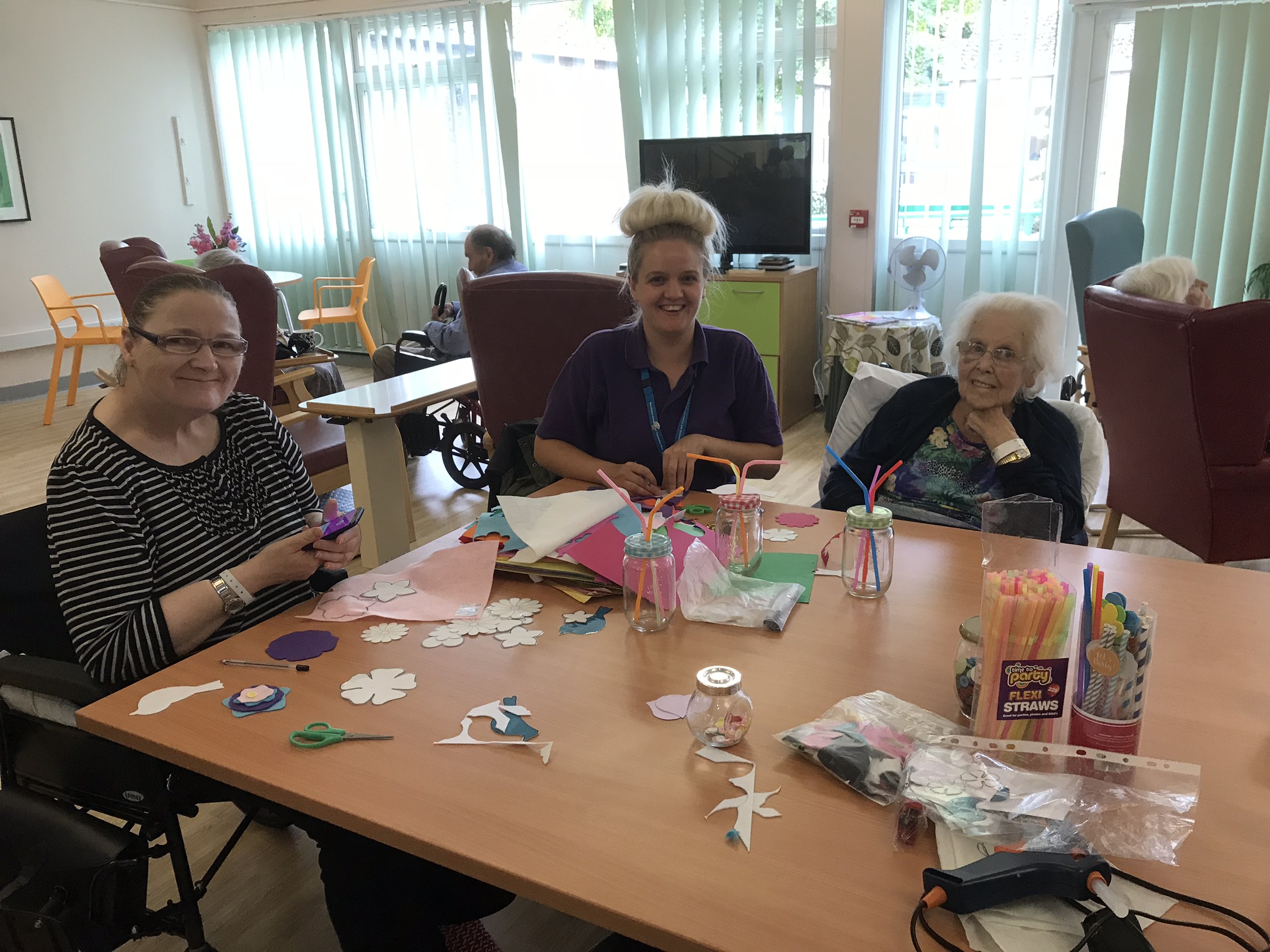The Future of Health and Housing is Community
I am a proud Mancunian and have no hesitation in saying I believe the innovation that will drive real change in health, social care and housing will come from the north.
The reason I can say this is because I’ve been working with the NHS in Manchester examining how we can tackle system-wide challenges like delayed transfer of care.
I’ve been part of these conversations because devolution has provided a platform for change. It’s given people the permission and the budget to think differently.
And isn’t it high time we thought differently about how we’ll support older people to live a full, happy and healthy life? After all, we’re all growing older so ultimately the solutions will benefit us all.
The solutions we’re designing aren’t short-term sticking plasters like a budget injection to get the NHS through the winter period. The solutions we’re designing will change the way older people access health and social care services and are supported to return home to live independently. The solutions we’re designing are intergenerational, putting older people in the heart of the community rather than segregating them in grey ghettos.
We have a bold vision and big plans but at the heart of everything we’re doing is the concept of home and community. People need to belong and feel part of something that recognises their individual strengths and talents. They need to be supported to remain living at home, whether that’s mainstream housing that’s been adapted for our 100-year life time or extra-care housing. And they need to live somewhere that feels like home, not an institution.
Test of change
Our first project in Manchester has involved working with staff and patients in Withington Hospital to transform Buccleuch Lodge, an intermediate care unit which helps older people to recover after surgery or trauma. It’s well known that hospital wards can be disorienting and disabling for older people - they are noisy, busy and full of unfamiliar things. So we wanted to improve people’s experience of intermediate care by redesigning the environment and the way in which they are supported.
We’ve done this through the introduction of the small household model. Evermore’s small household model focusses on providing older people with good company and good food in a homely setting. At the heart of the model is the philosophy that people thrive when they have companionship, meaning and purpose in their life.
At Buccleuch, this started with removing the typical chattels associated with hospitals like nurses’ stations and equipment cluttering hallways. We then reconfigured the unit so there’s a central living area with a big table where people come together to share their meals or chat with family. Homely touches like paintings on the wall, a small library, and fresh flowers now adorn the unit.

The introduction of the small household has required more than a physical refurbishment of the unit for it to be successful, it’s also required staff to change their own attitudes and behaviours. We’ve worked with staff to co-design a new cultural approach, called The Big Table, which encourages people to re-think the way they support older people’s recovery so it becomes more of a partnership approach.
We’ve abolished the hierarchical and institutional feel of the unit through the simple act of everyone wearing the same polo shirt. The colour teal was chosen by the Buccleuch workforce and it means people are identifiable by team instead of rank.
Reinvigorated staff members have created new ways of engaging patients that are not task-based. They’ve designed new activities, spend more time chatting with patients, and have created zoned spaces so people can choose to be in a quiet area or in the midst of the action! There’s no hiding in offices to write up notes, with staff working at the central dining table and pitching in with mealtimes, cleaning and activities. We’ve got champions across nursing and therapy teams from the bottom up.
Therapy is now undertaken with purpose and imitates real-life. Patients practice walking towards a goal, for example making a cup of tea in the kitchen, rather than spending their entire rehabilitation time in a gym. They are supported by the staff, but also their fellow patients, and have grown in confidence. We’ve seen fuller participation in daily activities with patients deciding what to do and the TV is often switched off to make way for conversations.
This low-budget test of concept has disrupted the traditional approach to supporting people through their rehabilitation, successfully increasing patient flow and providing a much better experience. It’s been done on a shoestring but there’s been positive feedback with patients and families telling us Buccleuch feels more homely and relaxed - definitely not like a hospital!
Taking it to scale
Now we’ve seen Buccleuch Lodge working in practice, we’re collaborating with Manchester City Council and Manchester Local Care Organisation on an innovative, purpose-built health and wellbeing hub in central Manchester with the working title of The Alexandra Park.
The Alexandra Park is in very early design stages but our vision is to provide the people of central and south Manchester with access to high quality intermediate care in a homely setting, helping them to recuperate, avoid hospital and successfully return home to live independently. The hub also addresses significant unmet needs including access to short-breaks for carers, while providing space for local GPs, a pharmacy and an independent living centre.
The hub will be co-located with extra care housing and family housing, creating an intentional community while also boosting the available health services for residents in the surrounding area.
The goal of the Intermediate Care service is to help people who are poorly from deteriorating further and therefore requiring acute or residential care. However, in the event that the older person is unable to return home, the co-location with the extra-care housing also means they will be exposed to alternative residential options which will potentially ease their transition.
Alexandra Park is a real step change as it represents the joining up of housing, health and social care with the co-location of the health and wellbeing hub and extra-care housing. As Greater Manchester Mayor Andy Burnham said, ‘Healthcare will only be solved by bringing housing under the same remit.’
Watch this space
Buccleuch Lodge and Alexandra Park are just two examples of the innovation coming out of Greater Manchester. The region has set out its stall as an age friendly city and is 100% committed to helping its older residents to age well, reducing its reliance on residential care and boosting aspirational choices for people to live in later life.
Sara Mckee will be speaking at the Housing LIN Cymru Syposium "Live Smart, Live Well" on 7th November in Newport. Click here for further details.



Comments
Posted on by Old Site User
I thought the project at WithingtonHospital was excellent and could be tried out across the UK,using many of our redundant Cottage Hospitals. In fact I would like to challenge @wiltshireCCG and others to take the principle of the project on board.
Add your comment